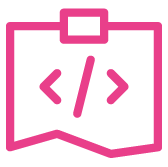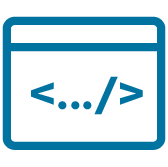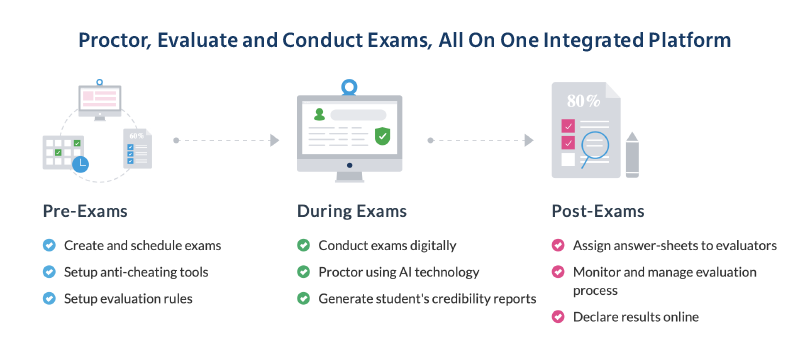Had we been gifted with clairvoyant abilities to read human minds, hiring would have been so much simpler. But obviously, that seems far-fetched. Had it been easy, recruiters would have easily found solutions to issues such as assessing job candidates’ knowledge, whether they are honest about their resumes and are aligned with the organizational goals. They cannot be sure whether the eagerness to be a part of the organization is genuine or a guise.

There is a surge in demand for tech talent. However, HR professionals entrusted with recruiting technical staff face various challenges in conducting technical recruiting. They must identify eligible candidates, plod through extensive, tech acronyms-laden CVs to churn out relevant information and, during interviews, decode what may be gobbledygook.
Skilled tech workers are available in large numbers. But it’s important to find the balance between a role’s requirements and the candidate’s technical skills. Else, companies may end up spending inordinate sums to pull in candidates for roles that do not match their skills and competencies. Thankfully, automated, structured frameworks, known as technical tests, enable overcoming recruiters’ challenges.
What Is a Technical Test?
A technical test, also known as a role-based test or domain test, is an assessment to understand candidates’ technical abilities, including their skill sets and responses to specific technical problems. It is a technical skills evaluation of prospective hires, which involves evaluating their domain expertise and job knowledge to determine their suitability for specific roles. The technical assessment test aims to measure one’s proficiency at various technical skills, such as coding assessments, sales and marketing assessments, accounting and finance assessments, etc.
”A technical test is a process in which we provide questions or challenges to candidates who either respond to questions or complete the technical challenge so that we can determine if they are suitable for given job opportunities. These can be anywhere from multiple-choice tests to a challenge where the student posts a repository (e.g., in GitHub) of a project where we can see how they solved a problem”, explains Charles Edge, CTO (Chief Technology Officer), Bootstrappers.mn.
Dan Bailey, President, WikiLawn Austin Lawn Care, echoes this sentiment and asserts, ”We use technical tests as part of the hiring process for jobs that require programming or development, but we have also used it to hire content writers and social media experts. Technical tests can give you a quick overview of someone’s skill level. Sometimes applicants will apply to jobs they are not exactly qualified for. You can never tell from someone’s education or even their experience just how good they are at their job. These tests seek to gather more data on that subject objectively.”
A surefire way to determine if someone is the right choice for a job is to see him/her perform the related duties. That is why technical assessments are deemed ideal to evaluate candidates’ suitability. However, technical assessments are not the only decisive factor in ascertaining a person’s suitability for a given position. One must equally consider technical aptitude to evaluate objectively and comprehensively.
Now comes the question: what is technical aptitude?
Well, technical aptitude is not a buzzword to be bandied about; it establishes and outlines a person’s technical abilities. In general, the term ”technical aptitude” refers to a person’s inherent technical intelligence and creativity, which finds expression through proper training in various technical fields. However, many researchers believe that a person’s technical aptitude is influenced by both hereditary and environmental factors. ‘Hereditary’ can significantly impact an individual’s potential, and the environment can give expression to it.
It is a unique combination of technical abilities and personality traits, which makes a person inclined to do a specific technical task better than a non-technical individual and increases his/her chances of success. Learning, practice or other experiences can help maximize the development of this inherent technical ability. Technical aptitude can also be characterized by the following traits: intellectual ability, spatial thinking, technical intelligence, motivation, desire, dexterity and technical creativity.









 Behavioral Competencies
Behavioral Competencies Cognitive Competencies
Cognitive Competencies Coding Competencies
Coding Competencies Domain Competencies
Domain Competencies






































